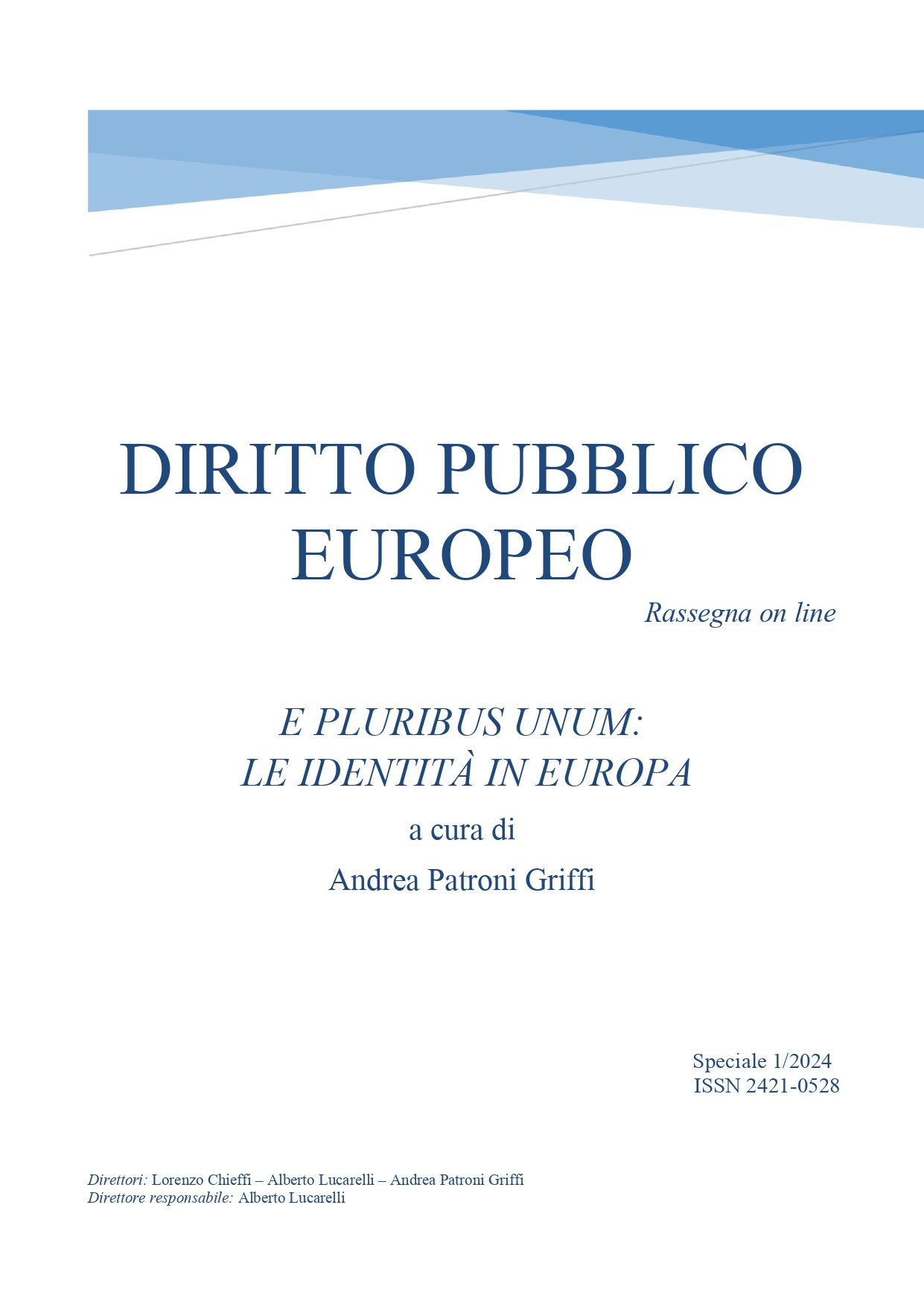La definizione del contenuto dell’identità nazionale ex art. 4 par. 2 TUE tra Corte di Giustizia e Corti Costituzionali: un argomento per il riaccentramento del «dialogo tra le Corti»
Abstract
L’articolo discute la questione di chi sia competente a determinare il contenuto dell’identità nazionale di cui all’art. 4, par. 2, TUE: la Corte di Giustizia ovvero le Corti costituzionali nazionali. In linea di principio, spetta alle Corti nazionali definire il contenuto dell’identità del proprio ordinamento, nel quadro dell’interpretazione dell’art. 4, par. 2, TUE resa dalla Corte di Giustizia. L’analisi della prassi, tuttavia, rivela la riluttanza delle Corti costituzionale a effettuare rinvii pregiudiziali ai sensi dell’art. 4, par. 2, TUE, temendo di essere smentite dalla Corte di Giustizia. Tale approccio della Corte di Giustizia è dovuto, si sostiene, al fatto che, nella maggior parte dei casi in cui è investita di questioni identitarie, ciò non avviene su rinvio della Corte costituzionale dello Stato interessato, spingendo la Corte GUE a un sindacato delle qualificazioni in tema di identità prospettatele. Si sostiene allora la necessità di un riaccentramento del dialogo costituzionale in tema di identità, valutando la possibilità di introdurre un «rinvio pregiudiziale al contrario» e di estendere all’ambito identitario le dottrine elaborate in tema di doppia pregiudizialità
Downloads
Copyright (c) 2024 Umberto Lattanzi

This work is licensed under a Creative Commons Attribution 4.0 International License.




